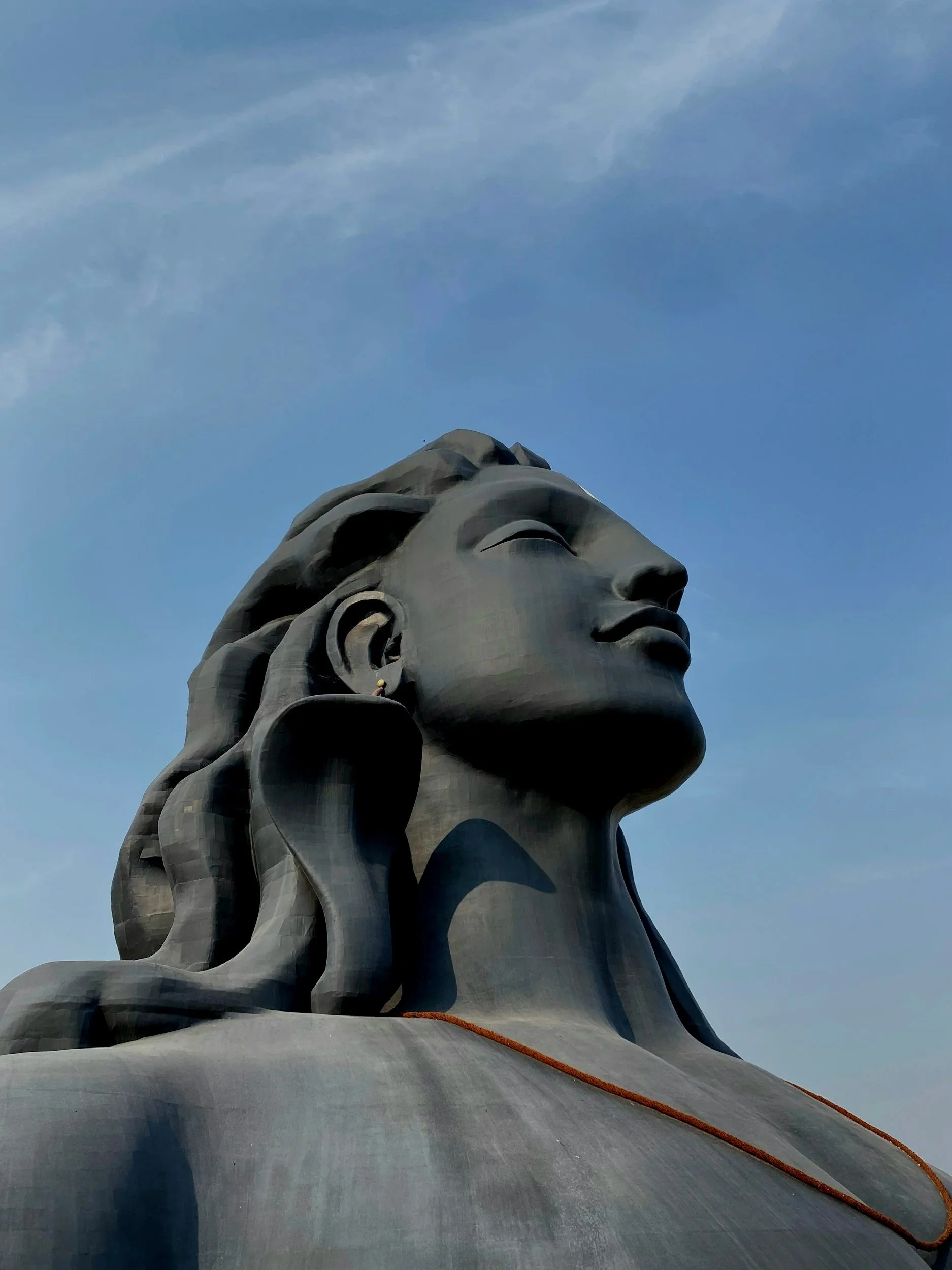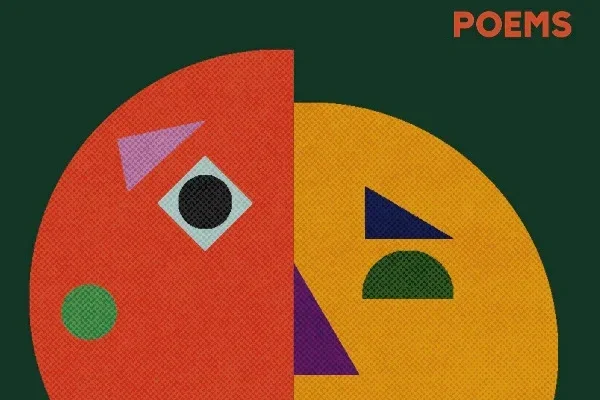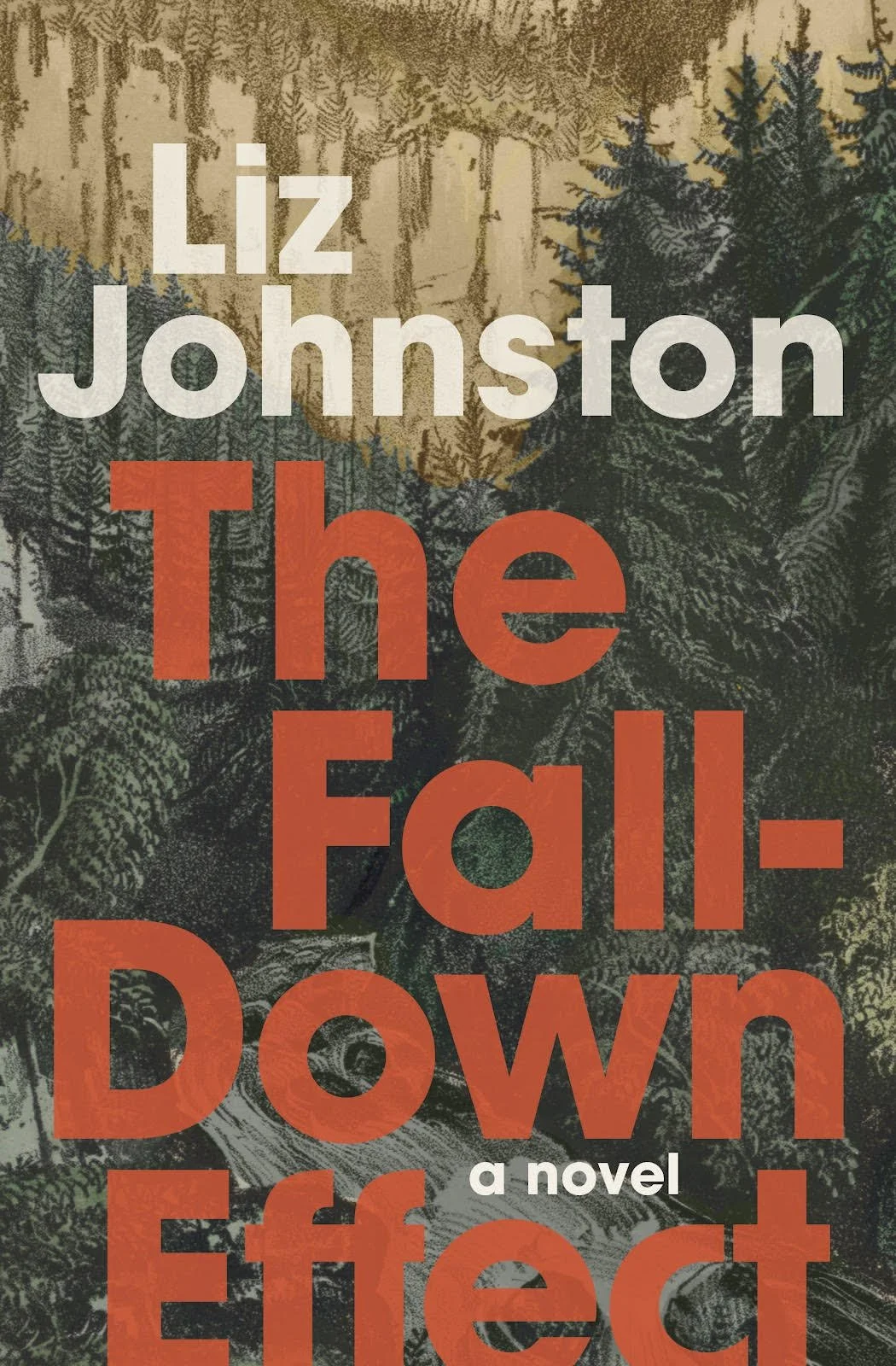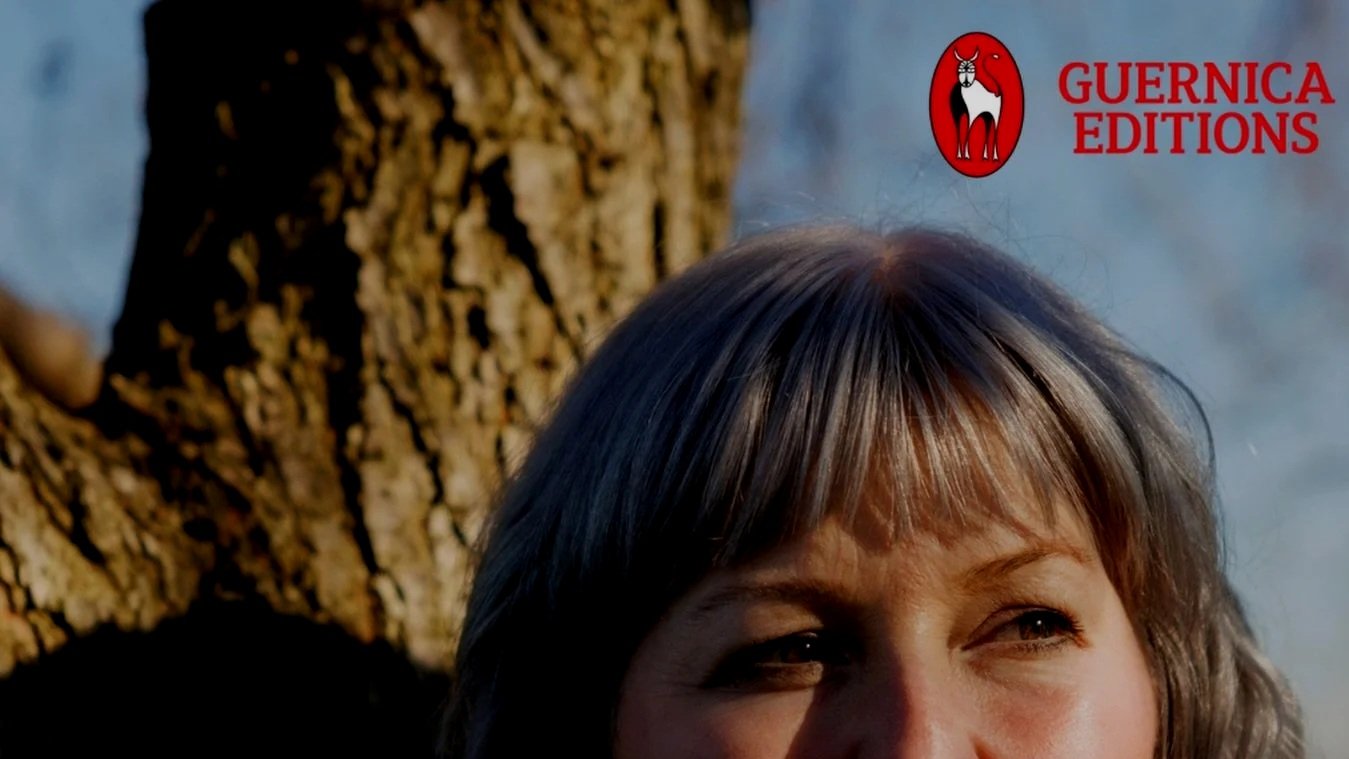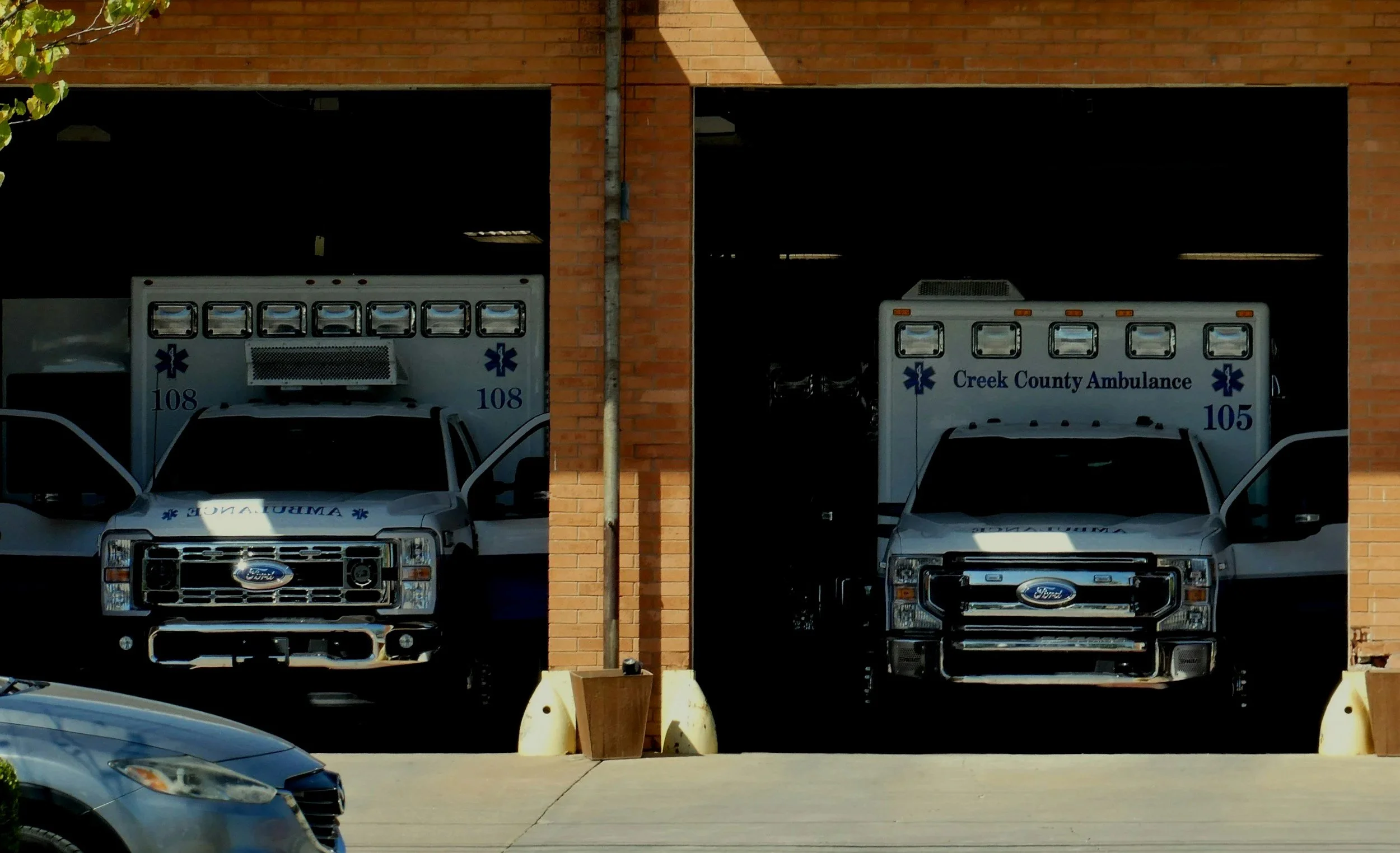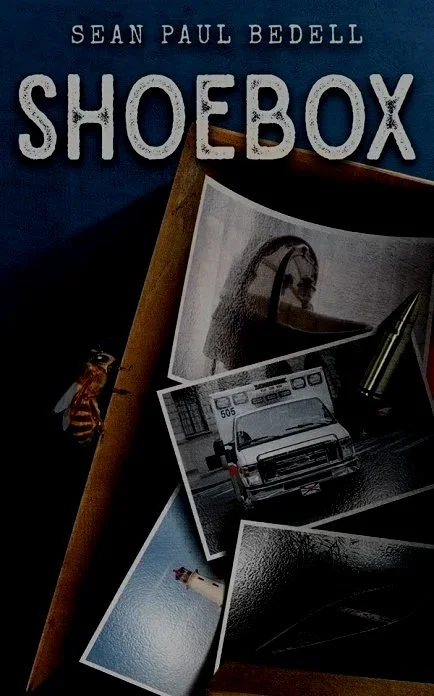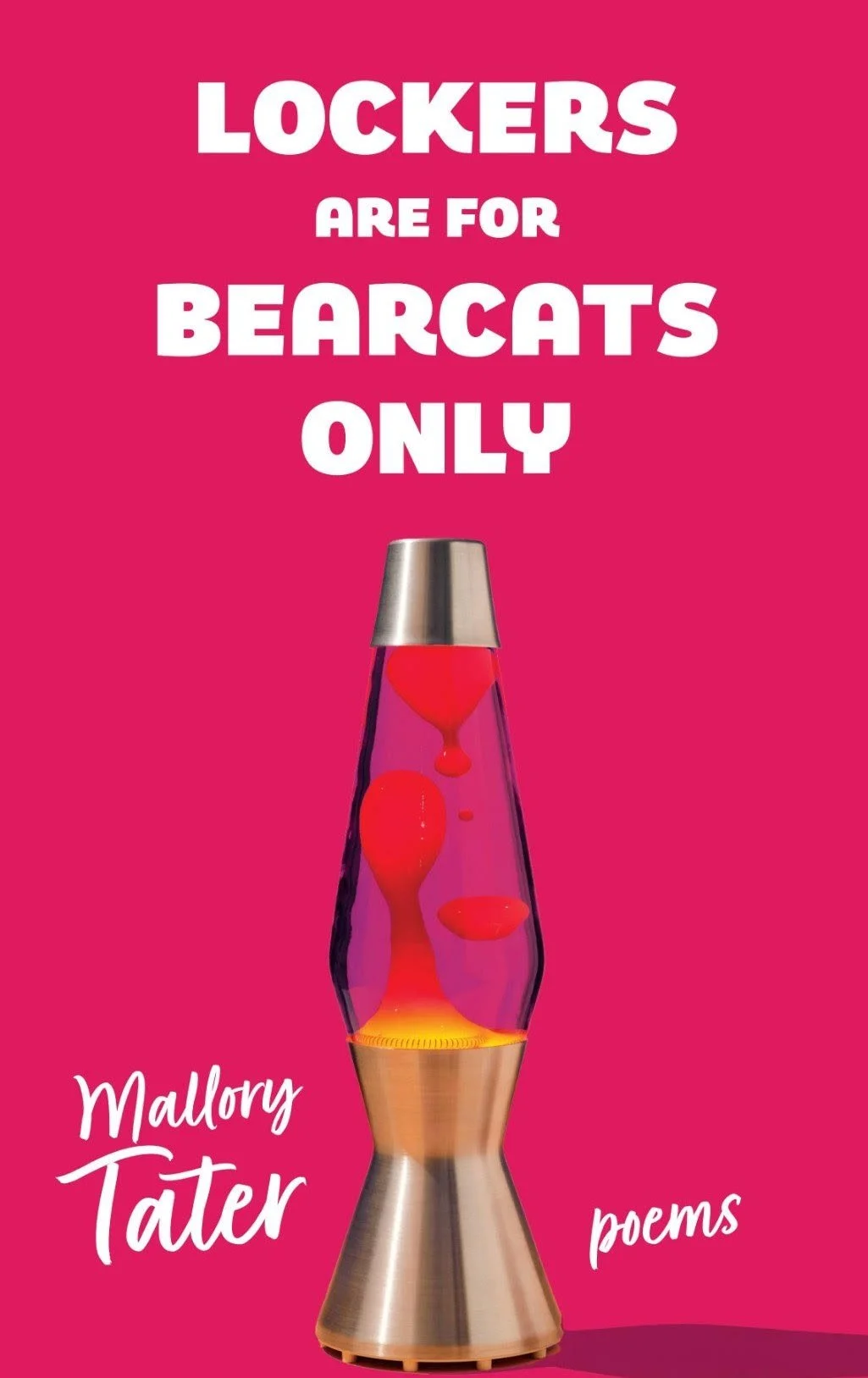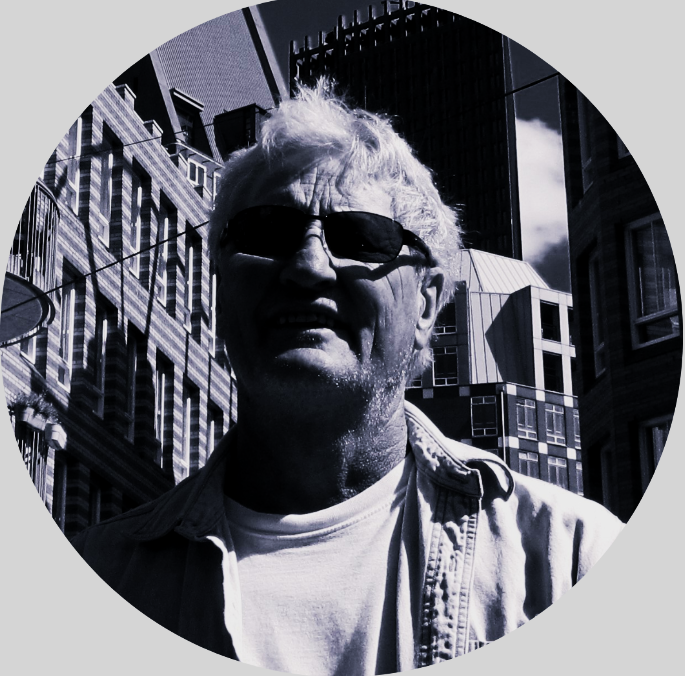This story begins in 2022, Padua, midwinter. Across the city a debate is raging. It concerns a woman whose name I only recently learned: Elena Lucrezia Cornaro Piscopia, the first woman in the world to earn a Ph.D. City councillors Margherita Colonnello and Simone Pillitteri have proposed to place a statue of Piscopia in the town square — a notable historical woman to join the effigies of notable historical men. This suggestion has sparked outrage across the country.
Review of Guy Elston’s The Character Actor Convention by Callista Markotich
Let us accept the crowd-fostered confusion of person. Let us precariously enjoy the close-call near-cliché which hugs us with homely familiarity: are we nearly there yet? Let us reconsider the title: The Character Actor Convention. Convention – is this the only Convention we may find? Or not?
Review: Rod Carley Reviews Stan on Guard by K.R Wilson
Excerpt from The Fall Down Effect by Liz Johnston
River travelled softly along the boundary line between sleep and waking. Somewhere off to the side, he was aware of Mom and his sisters talking, the motion of the car. But he was also wandering through a deep dark wood, looking for Fern. Someone or something had taken her. He couldn’t see the sky through the tree canopy and didn’t know if it was day or night. He just knew he had to find her. Looking up from the long, shadowy path ahead of him, he watched a giant cedar slowly tip and fall across his way, its roots tearing out of the ground in horrifying silence. He woke with a start. The car was turning off the highway.
Power Q & A with Alison Gadsby
Excerpt from Shoebox by Sean Paul Bedell
On one warm summer day, the heat was stifling in University Station. As always, I waited, poised, coiled like a spring. When the tones chimed, I would be ready to strike.
I was relieved when we got paged out for a call.
I hit the bay door switch, Fletch started the truck and I jumped in. He hit the lights and siren and we took off. The siren’s wails echoed off the apartment blocks and office towers. Our rig’s lights reflected in the windows of the shops at street level.
Power Q & A with Sean Paul Bedell
I wrote the book in the ‘gritty realism’ style. That’s intentional, I want my readers to feel, see, smell and touch – everything that the main character, Steve Lewis, does. I want them trudging to calls in his work boots. Though it’s fiction, Shoebox is loosely based on calls I did or ones my crew mates were involved in.
That Was Me Haunting Me: A Review of Margo LaPierre’s Ajar: Poems by Tea Gerbeza
Margo LaPierre’s Ajar is a poignant collection on LaPierre’s experience with bipolar disorder 1 with psychotic features. This collection is not one that shies away from harsh realities of Madness; instead LaPierre reclaims and makes real the Mad self with tender honesty. Ajar is an account of “what it is to have [LaPierre’s] body” and how the ill self cannot be separate from the “well” self.
Power Q & A with Conor Mc Donnell
My non-clinical academic interests and research have been in medication safety for nearly 30 years now. In 1998 I witnessed a fatal medication error that significantly impacted all involved. In 2011, I set up the first Medication Safety Program at SickKids hospital with a particular focus on reducing harm caused by opioid errors and accidental tenfold overdosing.
Power Q & A with Brad Smith
Power Q & A with Mallory Tater
I discovered my love of swimming in 2019. One of my best friends had just died, and I was searching for escapism—away from screens, away from work, and, in some ways, away from my own body. The weightlessness of being submerged in the public pool eased my angst and softened the tension and grief in my neck and shoulders. The quiet beneath the water cleared my mind. The rhythm I could build toward, channel, and disrupt brought me a sense of control and steadiness. Stripping down my body and taking a warm shower before and after felt reverent. Small talk with strangers—those quiet good mornings in the lobby and the lanes—became part of the day’s calm order. The pool, like the poem, became a place of repetition, refining, and resistance.
Excerpt from Lockers are for Bearcats Only by Mallory Tater
Writing Book Reviews: A Beginners Guide to Getting Started
Michelle Hardy reviews Reem Gaafar’s A Mouth Full of Salt (Invisible Publishing, 2025)
In her debut novel, A Mouth Full of Salt (Invisible Publishing 2025), author, physician, and filmmaker Reem Gaafar inspires readers to study some of the complex history between Sudan and South Sudan. Gaafar’s novel zigzags along the fringes of western science and cultural belief; contemplates how the Nile gives but also takes away; and challenges how formal education compares with life experience. Gaafar moderates these intersections with sensitivity and care.
Excerpt from Into the D/Ark by David Elias
The Ark loomed before her now, a green monolith in a sea of white, like a land mass all its own that by its sheer size was able to alter the course of the storm. Martha watched the snow sweep up onto the wide plane of its sprawling roof, slide in wide swaths along the incline until it crested over the peak in swirls and eddies, sifted down the far side to cascade gently over the edge, settle along the wall in a long line white.
Power Q & A with David Elias
Excerpt from The Chorus Beneath Our Feet by Melanie Schnell
It is a cool spring morning, and a boy and a girl are running, breathless and laughing, in ragged circles around their backyard. The girl gallops clumsily, just out of reach of the bigger boy’s grasp. The two-storey house behind them is faded white clapboard, the paint chipped and peeling at the edges. An old shed crouches at its flank, its low roof sagging beneath the weight of tree droppings and decades-long neglect. The sun shines through smudged clouds onto the damp grass. They are both barefoot, and their heels and toes are numb. The tips of fungi tendrils, intertwined in the grass roots and searching upward from dark earth, touch their soles.
Power Q & A with Brockton Writers Series
We love live literary events. Festivals, reading series, bookstore book launches: we are just about always game for a good ol’ bibliofest. We also know that many of these events operate by the mercy of grants, volunteers, and long, hard, and often thankless hours. No one who loves books and literature should take these vital initiatives for granted. Not only do authors often depend on them to create more awareness for their work, but our culture depends on them to keep the literary arts vibrant. That’s why we reached out to one of of favourite downtown Toronto reading series, Brockton Writers, and asked them to be a guest this month on our Power Q & A series.
Excerpt from Honeydew by Ben Zalkind
The four subversives dug into their backpacks with nervous, twitching fingers. They unzipped the vinyl and openedthe lunchboxes fully to allow themselves full range ofmovement. A pair of nitrile gloves was balled up at the bottom of each of their floppy packs. With as little motion as they could manage, they pulled them over their fingers and up to their wrists.


